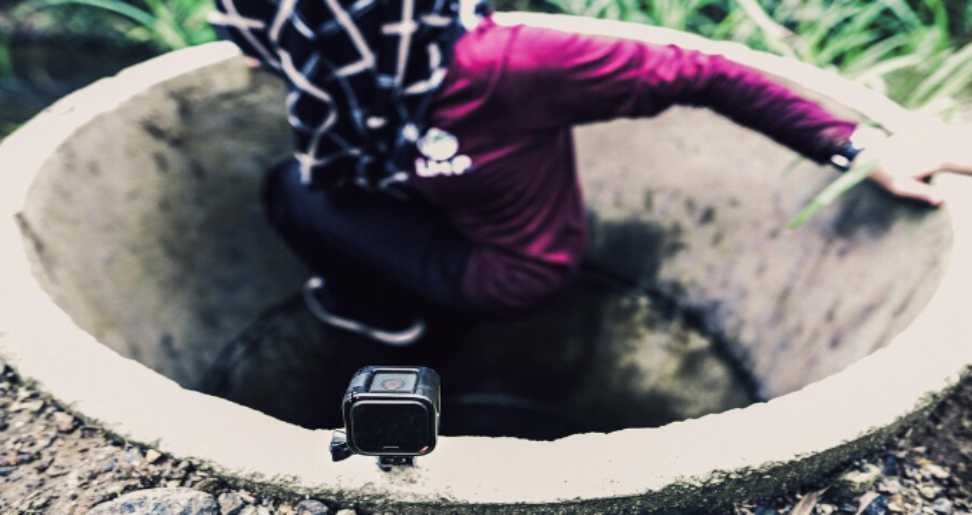Maintaining a healthy septic system is crucial for homeowners. A well-functioning septic system ensures proper waste management and protects the environment. Neglecting maintenance can lead to costly septic repairs and health hazards. This article provides essential tips for keeping your septic system in top condition.
Understanding Your Septic System
A septic system consists of several components. These include the septic tank, drain field, and soil. Wastewater from your home flowing into the septic tank. Here are the, solids settle at the bottom, forming sludge. Lighter materials, like grease, float to the top, creating scum. The remaining liquid, known as effluent, flows into the drain field for further treatment.
Regular septic cleaning is essential to ensure these components work efficiently. Understanding how your system functions helps you identify potential problems early. This knowledge allows for timely septic repairs before they escalate.
Schedule Regular Inspections
Regular inspections are vital for maintaining your septic system. A professional should evaluate your system at least once every three years. This check-up identifies any issues that may require septic repairs. A qualified septic repairs technician can assess the tank’s condition and ensure proper functioning.
During an inspection, the technician will look for signs of leaks or blockages. They will also check the level of sludge and scum in the tank. If the levels are too high, pumping may be necessary. Keeping a maintenance schedule helps avoid unexpected failures and costly repairs.
Know When to Pump Your Septic Tank
Pumping your septic tank is an essential part of maintenance. Over time, solids accumulate in the tank. If not removed, they can clog the system. This clogging leads to backups and potential damage.
Most experts recommend pumping every three to five years. However, the frequency may vary depending on household size and water usage. Larger households may require more frequent pumping. Keeping records of when you last pumped your tank helps you plan for future maintenance.
Practice Proper Waste Disposal
How you dispose of waste affects your septic system’s health. Avoid flushing items that do not break down easily. This includes paper towels, feminine hygiene products, and wet wipes. These materials can clog the system and cause backups.
Additionally, be mindful of what goes down the drain. Avoid pouring grease, oil, or chemicals down the sink. These substances can disrupt the natural balance of bacteria in the tank. Maintaining proper waste disposal practices helps extend the life of your septic system.
Manage Water Usage Wisely
Excessive water usage puts a strain on your septic system. Overloading the system can lead to saturation of the drain field. This saturation prevents the proper treatment of wastewater.
To manage water usage, consider spreading out laundry and dishwashing throughout the week. Fix any leaks in faucets or toilets promptly. Installing water-efficient fixtures can also help reduce water consumption.
Monitoring your water usage not only benefits your septic system but also saves money on utility bills.
Maintain Your Drain Field
The drain field plays a significant role through your septic system’s functionality. It allows effluent to percolate into the soil for further treatment. Keeping the drain field clear is essential. Avoid planting trees or large shrubs near the area. Roots can damage the system and hinder its operation.
Additionally, do not park vehicles or place heavy equipment on the drain field. This pressure can compact the soil, reducing its ability to absorb wastewater. Proper maintenance of the drain field is vital for overall system health.
Conclusion
A healthy septic system requires regular maintenance and attention. By understanding your system and following essential maintenance tips, you can avoid costly septic repairs. Schedule regular inspections and pump your tank as needed. Practice proper waste disposal and manage water usage wisely. Lastly, take care of your drain field to ensure long-term functionality.
Have A Look :-


